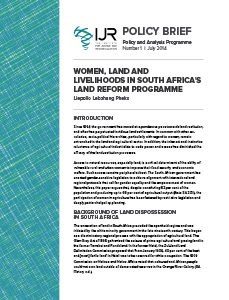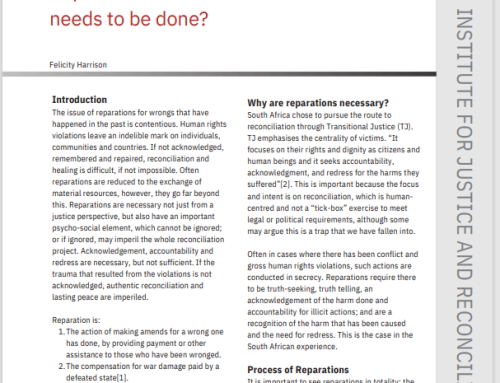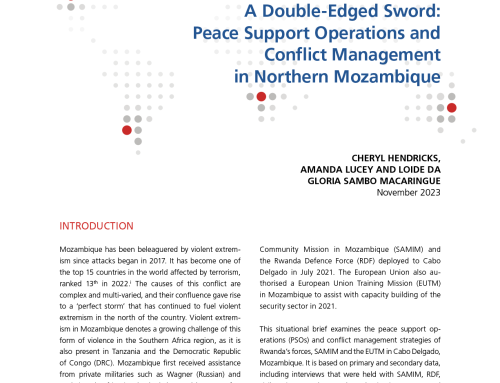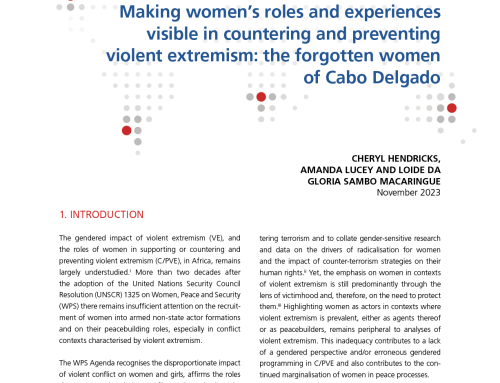
Policy Brief No 16: Women, Land and Livelihoods in South Africa’s Land Reform Programme
Since 1994, the government has moved at a ponderous pace towards land restitution, and often has perpetuated invidious land settlements. In common with other excolonies, socio-political hierarchies, particularly with regard to women, remain entrenched in the land and agricultural sector. In addition, the inherent and instinctive reluctance of agricultural industrialists to cede power and access has diminished the efficacy of the land-restitution processes. Access to natural resources, especially land, is a critical determinant of the ability of vulnerable rural and urban women to improve their food security and economic welfare. Such access remains peripheral at best. The South African government has enacted gender-sensitive legislation to achieve alignment with international and regional protocols that call for gender equality and the empowerment of women. Nevertheless, this paper argues that, despite constituting 52 per cent of the population and producing up to 68 per cent of agricultural output (Stats SA 2011), the participation of women in agriculture has been fettered by restrictive legislation and deeply patriarchal policy planning.
By Liepollo Lebohang Pheko
Pages: 8
Dimensions: A4
Date of publication: August 2014




